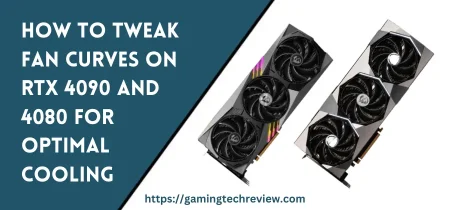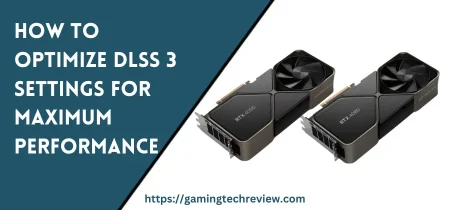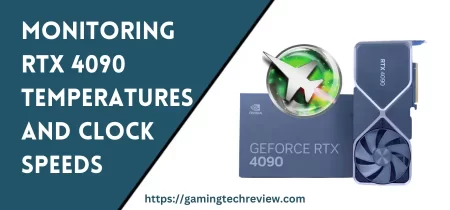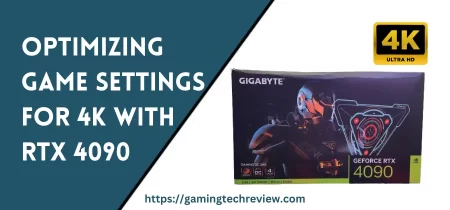
When it comes to computer hardware, the power supply unit (PSU) plays a crucial role in supplying electrical power to various components. But have you ever wondered how long a PSU can last? In this article, we will delve into the factors that influence the lifespan of a PSU, signs of failure, tips for extending its lifespan, common problems, and more. So, let’s dive in!
What is a PSU?
Before we explore the longevity of a PSU, let’s briefly understand what a power supply unit is. A PSU is a vital component of a computer system responsible for converting the AC (alternating current) power from the wall outlet into DC (direct current) power that the computer components require to function properly.
Factors Affecting PSU Lifespan
The lifespan of a PSU depends on various factors that can influence its durability and reliability. Some of the key factors include:
- Component Quality: The quality of components used in manufacturing the PSU has a significant impact on its lifespan. High-quality capacitors and other internal components tend to last longer and provide more stable power delivery.
- Power Load: The amount of power drawn from the PSU can affect its lifespan. Running a PSU near its maximum load for extended periods can put additional strain on its components, potentially shortening its lifespan.
- Environmental Conditions: The operating environment can impact the PSU’s longevity. Factors such as temperature, humidity, and dust accumulation can affect the performance and lifespan of the PSU.
- Power Surges and Voltage Fluctuations: Unexpected power surges or voltage fluctuations can cause damage to the PSU. Using surge protectors and voltage regulators can help safeguard the PSU against such issues.
Average Lifespan of a PSU
The lifespan of a PSU can vary depending on the factors mentioned above, as well as the overall build quality and usage patterns. On average, a high-quality PSU can last between 5 to 10 years. However, it’s important to note that this is an estimate, and some PSUs may last longer or shorter depending on the circumstances.
Signs of PSU Failure
Identifying the signs of PSU failure is crucial to prevent potential damage to other components. Here are some common signs to watch out for:
- Frequent System Crashes: If your computer frequently crashes or randomly restarts, it could be a sign of PSU failure.
- Overheating and Fan Issues: A failing PSU may struggle to keep up with cooling demands, leading to overheating issues or abnormal fan noises.
- Burning Smell or Strange Noises: Unusual smells, buzzing, or clicking noises emanating from the PSU can indicate a problem that needs attention.
- Inconsistent Power Delivery: Irregular voltage outputs or power fluctuations can be a sign of PSU failure.
Factors to Consider When Choosing a PSU
To ensure the longevity of your PSU, it’s essential to make an informed choice when selecting one for your system. Consider the following factors:
- Power Rating: Choose a PSU with an adequate power rating to meet the demands of your computer components, ensuring you have some headroom for future upgrades.
- Efficiency Rating: Look for PSUs with high-efficiency ratings, such as 80 Plus Bronze, Silver, Gold, or Platinum, as they tend to have better internal components and energy efficiency.
- Modularity: Modular PSUs allow you to connect only the necessary cables, reducing cable clutter and improving airflow within your system.
- Warranty: Consider PSUs with longer warranty periods, as they often indicate better build quality and reliability.
Tips for Extending PSU Lifespan
While the lifespan of a PSU is not entirely within our control, we can take certain measures to extend its longevity:
- Proper Ventilation: Ensure that your computer case has adequate airflow and proper ventilation to keep the PSU and other components cool.
- Dust Prevention: Regularly clean your computer’s internal components, including the PSU, to prevent dust accumulation, which can impact its performance and lifespan.
- Avoid Overloading: Avoid overloading your PSU by calculating the power requirements of your system and selecting an appropriately rated PSU.
- Use Reliable Power Sources: Plug your computer into a reliable power source with surge protection to minimize the risk of power surges damaging the PSU.
Importance of PSU Maintenance
Regular maintenance of your PSU is crucial for its longevity and overall system stability. Here are some maintenance practices to follow:
- Cleanliness: Keep the PSU and surrounding areas clean from dust and debris to prevent heat buildup and airflow obstruction.
- Inspect Capacitors: Periodically inspect the capacitors on the PSU for any signs of bulging or leakage, as these can be indicators of potential failure.
- Check Cable Connections: Ensure all cables are securely connected to the PSU and other components to maintain a stable power supply.
Common PSU Problems and Solutions
Despite their importance, PSUs can encounter certain problems. Here are some common issues and their possible solutions:
- Power Supply Failure: If the PSU fails completely, replacing it with a new one is often the only solution.
- Underpowered PSU: Upgrading to a higher-wattage PSU can solve issues caused by an inadequate power supply to the components.
- Overheating: Improve system ventilation, clean dust filters, and ensure proper airflow to mitigate overheating problems.
- Inconsistent Power Delivery: Use a voltage regulator to stabilize power fluctuations and protect the PSU and other components.
Conclusion
In conclusion, the lifespan of a PSU depends on various factors such as component quality, power load, environmental conditions, and power surges. On average, a high-quality PSU can last between 5 to 10 years. By understanding the signs of PSU failure, considering the right factors when choosing a PSU, and following maintenance tips, you can extend its lifespan and ensure the stability of your computer system.
Frequently Asked Questions
How do I know if my PSU is failing?
Signs of PSU failure include frequent system crashes, overheating, strange noises, and inconsistent power delivery.
Can a failing PSU damage other components?
Yes, a failing PSU can potentially damage other components in your system, such as the motherboard, graphics card, or hard drive.
Is it better to oversize the PSU for future upgrades?
It’s advisable to have some headroom in your PSU’s power rating to accommodate future upgrades and ensure stability.
Can I replace the PSU myself?
If you have experience with computer hardware, replacing a PSU can be done yourself. However, if you’re unsure, it’s best to seek professional help.
What should I do if I smell burning coming from my PSU?
If you smell a burning odor or notice any other signs of PSU failure, it’s crucial to shut down your system immediately and consult a professional for assistance.










